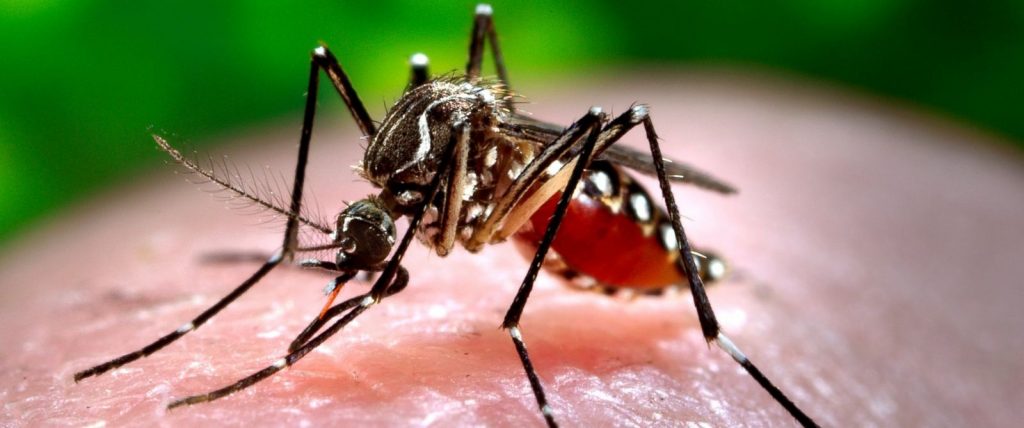There is no cure found for malaria yet, so preventing it is the best form of defence. This article outlines some basic preventive measures.
The little mosquito is pure dynamite – for such a tiny creature, it seems improbable that it is able to cause deadly illnesses like dengue and malaria. Mosquitoes are everywhere, and their number rises during and after the monsoon season. A rise in mosquito population normally coincides with a rise in dengue and malaria cases.
Just one bite from an infected mosquito is enough to cause an illness like malaria. If you notice malaria signs and symptoms in yourself or a loved one, alert your doctor at once.
How do you get malaria?
Contrary to popular opinion, malaria is not caused by a virus. It is caused by the bite of an infected female Aedes Anopheles mosquito. The infection first incubates in the mosquito for a few days. Later, the infected mosquito bites human beings and spreads malaria to them.
Malaria can be transmitted with just one bite, and there is no cure for it. Malaria signs and symptoms include fever that recurs in the evening hours, weakness, headache, loss of appetite and nausea. The doctor can prescribe a course of antibiotics and retroviral drugs for a week, along with drinking a lot of fluids and taking rest at home. It is important to get timely treatment, else the illness can take a turn for the worse. The malaria signs and symptoms mentioned above may then progress into acute body ache, and an attack on the body’s circulatory and respiratory systems.
How to deal with malaria – Easy fixes
Prevention is often the best cure for malaria. It takes a bit of vigilance on your part to ensure that you and your loved ones are not exposed to the perils of the illness.
- If there is an increase in the numbers of mosquitoes in your house lately, it means that there is probably a breeding site nearby. Alert the civic authorities at once so that they may conduct fogging operations in the locality.
- Meanwhile, drain all sources of stagnant fresh water. Mosquitoes breed in them, so remove water from plant pots, water utensils, buckets, storage tanks left open, swimming and paddling pools, corrugated roofs, puddles near the house, etc.
- Make your house a mosquito-free zone. You will need to arm yourself with a mosquito-killing spray and liquid electric vaporiser for comprehensive protection. Use the spray in all rooms of the house, taking care to close the doors and windows so that the spray reaches all corners. Switch on the vaporiser a few minutes before going to sleep, and adjust its setting depending on the numbers of mosquitoes in the house.
- Wear loose clothing that does not cling to the skin – mosquitoes are able to bite through cloth fibres, so tight clothing should be avoided when malaria is rife in the city.




